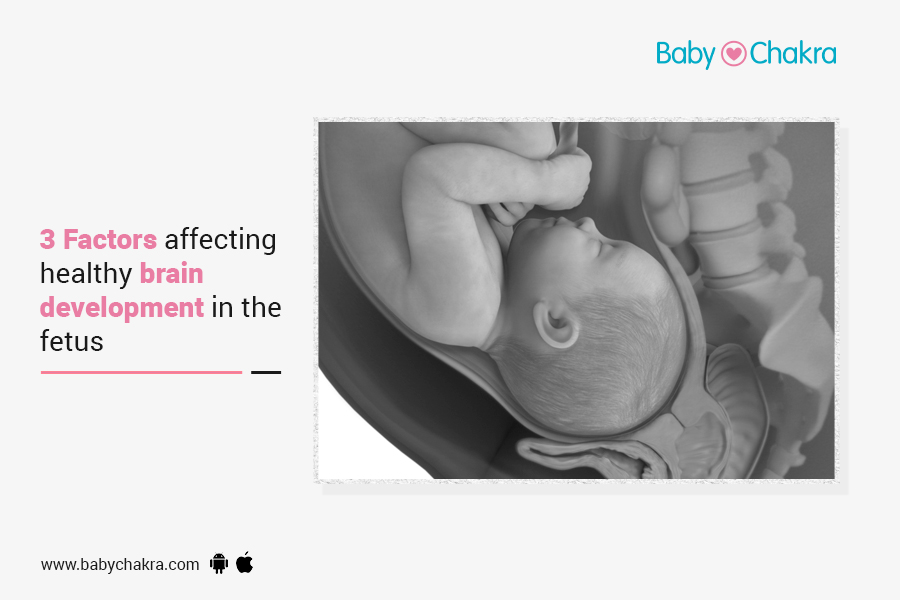
3 Factors Affecting Healthy Brain Development In The Fetus
12 Oct 2022 | 2 min Read
Dr Abhay Shete
Author | 2 Articles
A healthy lifestyle is a key to a healthy baby and so is it a secrete to healthy brain development in the fetus. Several factors have an impact on fetal brain development right from nutrition to stress, exercise, infections, medical condition, daily activity, toxins, etc.
3 such factors affecting the healthy brain development in fetus include:
Infection and medical conditions
Immunity in pregnant women is a bit lower than normal, hence making them prone to various infections. In general, these infections have a great risk to the healthy growth of the fetal brain. Enterovirus infections, hepatitis B, syphilis, etc are a few infections that affect the normal brain development of the fetus.
Medical conditions also tend to affect brain development. One such medical condition is diabetes mellites which tends to increase the risk of cognitive brain defects in the developing fetus.
Toxins
Prolonged exposure to toxins present in, paint, cleaning products, mosquito repellents, environmental toxins, mercury, toxins in the pet litter box, etc can affect fetal brain development.
Alcohol and smoking
Smoking and consumption of alcohol are always restricted during pregnancy. In case if alcohol isn’t restricted, it could lead to fetal alcohol syndrome. This condition has an effect on the cognitive development of the brain, affects the IQ level, affects smooth coordination, and impacts overall brain development. Additionally, it also leads to impulsive behaviour in such babies and attention deficits. Smoking or being around smokers can affect the blood flow to the fetus by constricting the blood vessels leading to poor cognitive brain development.
If you like the article, do rate us too on the google app store by using this link
A


Related Topics for you
Suggestions offered by doctors on BabyChakra are of advisory nature i.e., for educational and informational purposes only. Content posted on, created for, or compiled by BabyChakra is not intended or designed to replace your doctor's independent judgment about any symptom, condition, or the appropriateness or risks of a procedure or treatment for a given person.
